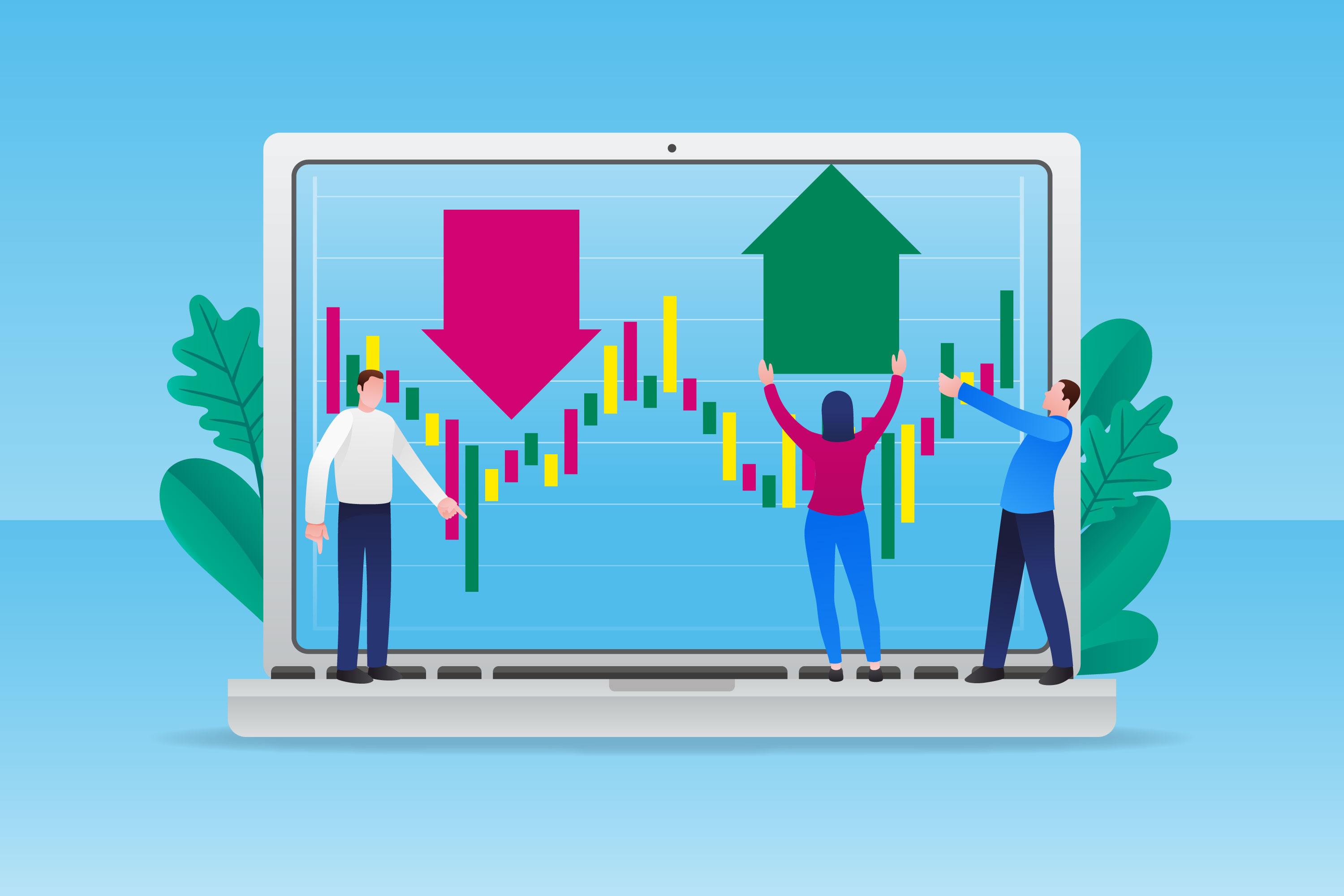



Understanding Intraday Trading: Strategies, Tips, and Benefits – by AGSSL
For those looking to actively participate in the stock market and capitalize on short-term price movements, intraday trading offers a compelling opportunity. Unlike traditional investing where you hold stocks for months or years, intraday trading focuses on buying and selling stocks within the same trading day. This means all positions are squared off before the market closes. In this blog, AGSSL breaks down everything you need to know about intraday trading — from its definition and key strategies to the tools and indicators that can help you succeed.
What is Intraday Trading?
Intraday trading, often referred to as day trading, is the process of purchasing and selling financial instruments (like stocks) within a single trading day. The primary objective isn't long-term wealth creation but to generate quick profits from the small fluctuations in stock prices that occur throughout the day.
When placing intraday trades, it is important to specify that your order is for intraday purposes. This tells your broker that you intend to close the position on the same day, avoiding the risk and exposure of holding stocks overnight.
Why Intraday Trading?
The appeal of intraday trading lies in its fast-paced nature and potential for rapid returns. Unlike long-term investing, which requires patience, intraday trading is dynamic and can yield results within hours or even minutes. However, with greater reward comes greater risk. That’s why AGSSL encourages traders — especially beginners — to approach intraday trading with caution and preparation.
AGSSL’s Essential Intraday Trading Tips for Beginners
For those new to the market, intraday trading can be daunting. But by following a few key principles, you can build a strong foundation:
1. Start with Small Capital
Begin with an amount you’re comfortable risking. This will allow you to gain experience without taking on undue financial pressure.
2. Use Stop-Loss Orders
A stop-loss order automatically sells your stock when it reaches a specific price, helping you limit potential losses. This is an essential risk management tool in intraday trading.
3. Don’t Chase the Market
Avoid making impulsive trades based on sudden market movements or news. Stay focused on your strategy.
4. Stay Updated with Market News
Always keep track of news that may affect the markets — such as company earnings, economic reports, or global events.
5. Stick to a Trading Plan
Develop a clear plan including entry and exit strategies and stick to it. Discipline is key in trading.
Key Intraday Trading Indicators to Know
Successful intraday trading relies heavily on technical analysis. Traders often use indicators — tools that analyse past and current price trends — to make informed decisions. Here are the most effective ones used by professionals:
Moving Averages (MA)
Helps identify the direction of the market trend by averaging out price data over a specific period.
Bollinger Bands
Shows market volatility and potential overbought or oversold conditions.
Relative Strength Index (RSI)
Measures the strength and speed of a stock’s price movement. An RSI above 70 may indicate overbought conditions, while below 30 may signal oversold.
Stochastic Oscillator
Compares a security’s closing price to its price range over a given time period. It’s useful for spotting trend reversals.
How to Maximize Profits in Intraday Trading
While profit-making is the goal, intraday trading is inherently volatile. Here are some AGSSL recommendations to help you trade more effectively and reduce risk:
Limit Your Risk
Never risk more than 2% of your total capital on a single trade. This keeps your losses manageable.
Choose High-Liquidity Stocks
Stick to stocks with high volumes. This makes it easier to enter and exit trades quickly without affecting the price.
Mind the Clock
The best time for intraday trading is typically between 11:00 AM and 1:00 PM, when the market stabilizes after the morning rush.
Set Realistic Targets
Define your profit goals and exit the trade when those targets are achieved. Greed often leads to missed opportunities.
Final Thoughts from AGSSL
Intraday trading isn’t for everyone, but for those willing to learn, it can be both exciting and rewarding. It requires discipline, a strong grasp of market indicators, and continuous learning. At AGSSL, we believe that with the right tools and mindset, anyone can improve their intraday trading skills and take advantage of market movements — one day at a time.
If you're interested in learning more about trading strategies or want to open an intraday trading account, AGSSL is here to help you every step of the way.